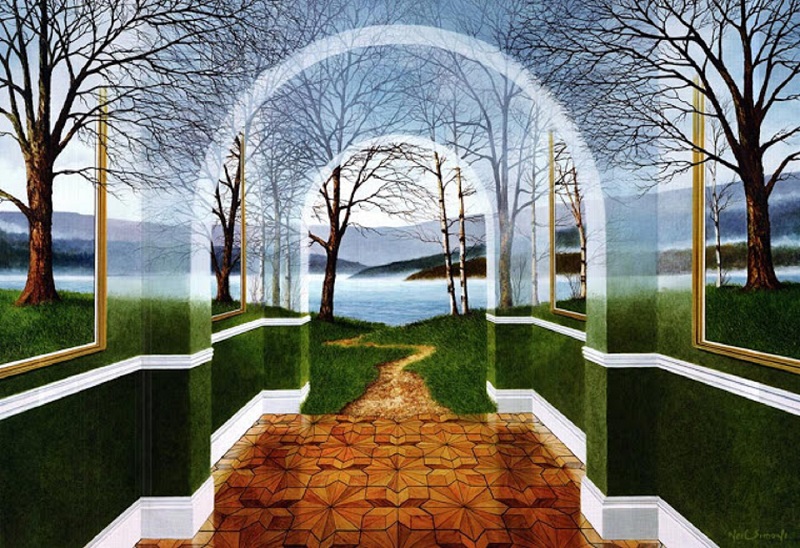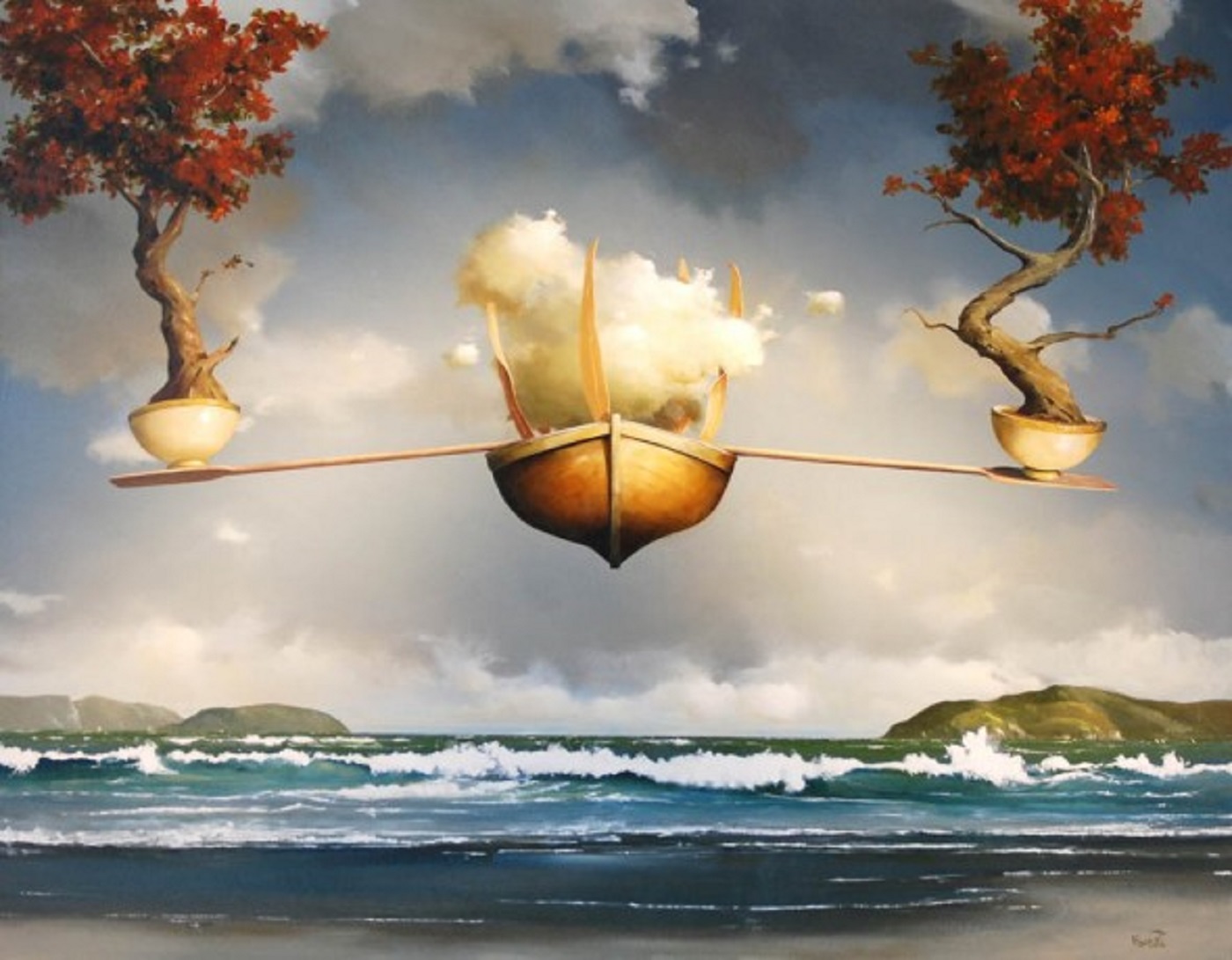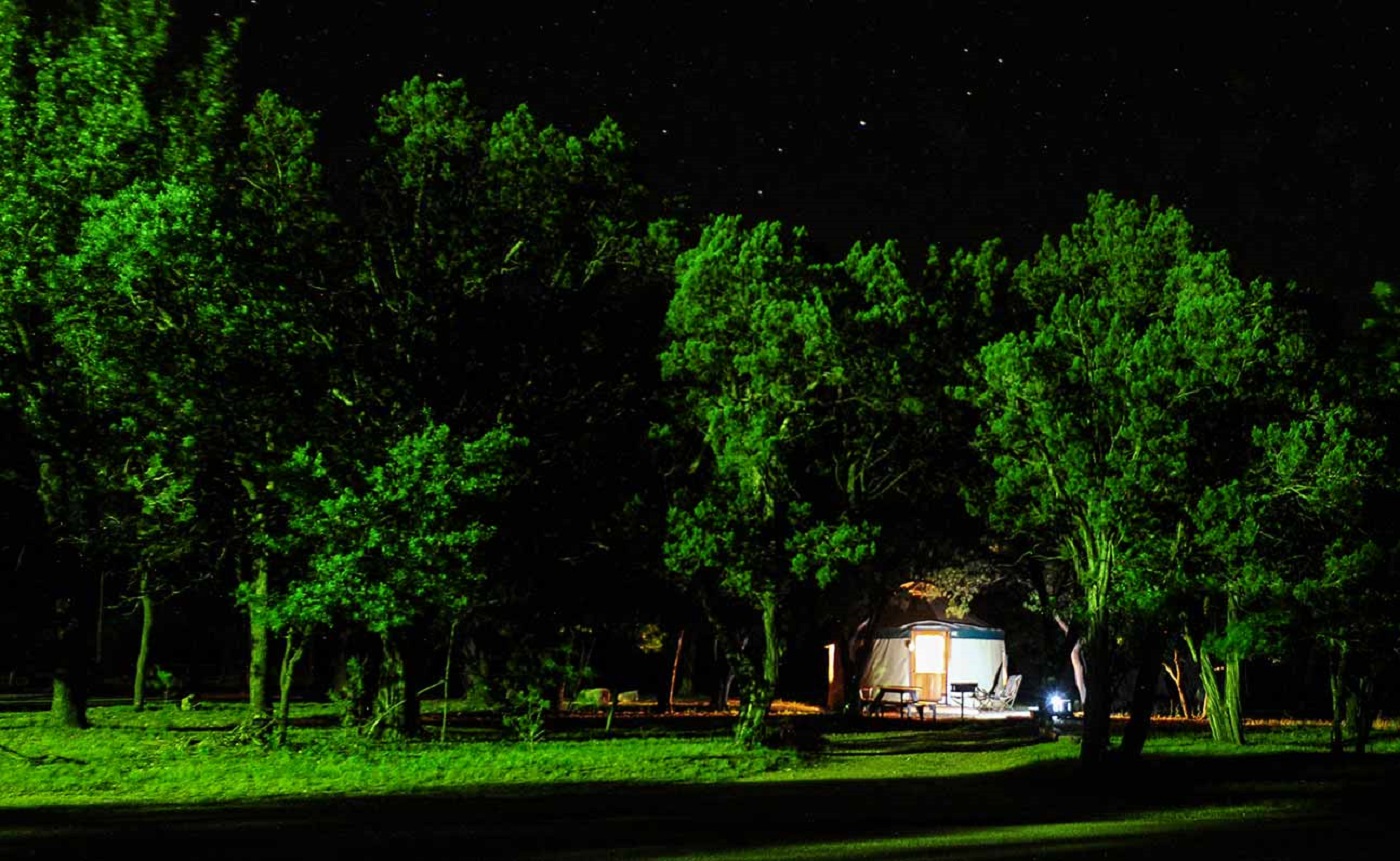
There are moments when I have it all… Silent, gentle psychoses – Beautiful stories about dreams of roses… Moments when I have it all. Here are moments when I have it all… Life ends with a string of words A song from then on… towards… Moments when I have it all. George Bacovia, In fericire

Philosophy is the effort to light, the aspiration to last or supreme clarity because it is heading towards generalizing notions through which science and consciousness, theory and practice, world and life are unified or totalized. Philosophy is not just an analytical research of fundamental notions or principles, but it is also the most lacking bias or […]

Darling, I came again… But today I barely go – Open the piano and play to me A song for the dead. . And if I fall on carpets In the sad, silent salon, – You still play, darling, Slowly, monotonously. It’s a really sick century, I’m not surprised I’m sick too; Open the […]

It was an indefinite day of March or April and I went unsteadily to the boyar’s palace. Here, in a room covered with wainscoting, the teacher was waiting for me. He has started a strange lecture on impossible. It was the turn of the utopian. While I was going to the meeting place I was wondering if it […]

As I sit alone in the darkness of the night, Listening to that song coming from the sea, A nostalgic longing of journey comes to me Wrapping me like a whirlwind, raising me up And take me away, away… Oh, since then I have been looking for the way home, Without recognizing it, finding it […]

Now I’m waiting, what should I do ? Of course, I’ll work further. However, I don’t say that what I write now is just as well, as full of life as it was when I was in the blossom of power when my head was filled with ideas like the waters of a spring river. Because I’m a […]

It’s cold, winter… I want to think about my desolate years – I don’t expect anyone anymore, No hope. No one is free… I want to think about my desolate years – Close anywhere, Close the door, it’s cold, winter. George Bacovia, Din Vremuri translated from Romanian by Marcel Rus

The course of nature, although it is supposed to be perfectly regular, yet it does not appear to us so, and many events are unsafe and many more disappoint our expectations. When we look around for the outer objects and consider the action of the causes, we are never able to discover any necessary force or […]

The leaves have started now A lazy, pathetic dance ! And I cry, and my cry in the night Is the brother of the outside osier. Midnight is approaching slowly, And the dance of leaves is heard, I run from room to room When satanic hour rings. George Bacovia, Miezul noptii translated from Romanian by Marcel Rus

A homeless man in the suburbs of Madrid begged in a noble manner; a pedestrian tells him: “Aren’t you ashamed to practice such an infamous profession, although you could work ?” “Sir,” answered the beggar, “I asked you for money, not for advice”; then he turned his back, preserving all his Castilian dignity. This homeless […]



 In contrast to music, mysticism, poetry, philosophical activity shows a thin sap and a suspected depth which tempt only shy beings and executioners.
In contrast to music, mysticism, poetry, philosophical activity shows a thin sap and a suspected depth which tempt only shy beings and executioners.